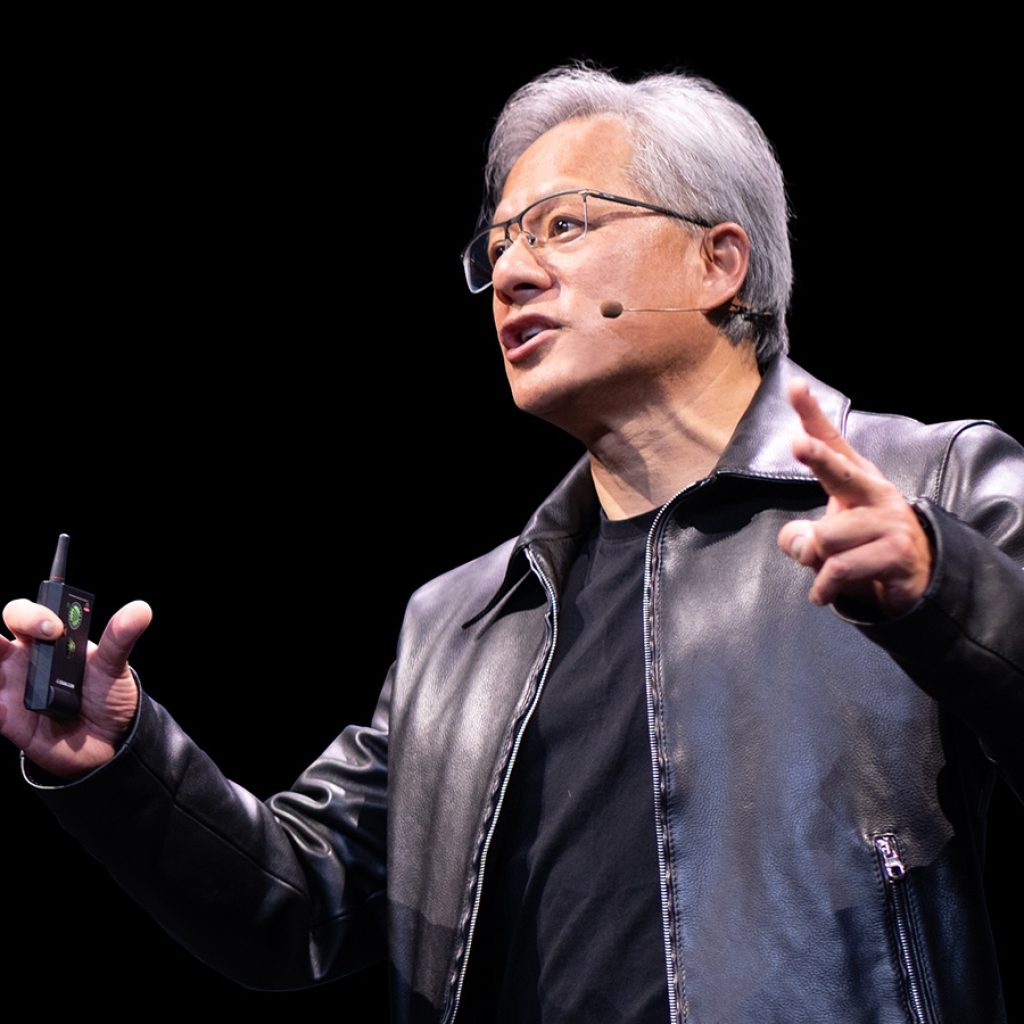The Dutch government is considering a ban on the use of generative AI applications, including chatbots like ChatGPT and image generators like Dall-E and Midjourney, by government officials due to concerns related to privacy and copyright infringements. The proposal, drafted by State Secretary Alexandra van Huffelen for Digital Affairs, is based on research conducted by the State Attorney’s office and the Dutch Data Protection Authority (AP), which found that these AI applications do not adequately comply with Dutch privacy and copyright legislation.
Privacy and copyright concerns
The primary reason behind the Dutch government’s move to restrict the use of AI software lies in concerns related to privacy and copyright issues. The research conducted by the State Attorney’s office and the AP concluded that “non-contracted generative AI applications generally do not demonstrably comply with Dutch privacy and copyright legislation.”
One major issue is the unclear stance of AI providers, such as Google and OpenAI, regarding authors’ rights. Many of these AI models, including chatbots like ChatGPT and Bard, were trained using extensive datasets that include copyrighted materials such as books and newspaper archives. The lack of transparency from providers about the specific sources they use raises concerns about potential copyright infringements.
Privacy risks
In addition to copyright concerns, the Dutch government is worried about the potential privacy risks associated with generative AI applications. Van Huffelen expressed her apprehension that these applications could extract sensitive information from user interactions, which could then be used to make decisions about individuals.
The ability of generative AI to generate responses and content based on user input poses a unique challenge when it comes to safeguarding personal data and maintaining privacy standards.
Government’s approach
Despite the proposed ban, State Secretary Alexandra van Huffelen is not completely ruling out the use of generative AI within the government. Instead, she plans to initiate various experiments to assess how government services can utilize this technology safely and responsibly. These pilot programs are expected to be ready by mid-2024, after which the government will formulate guidelines for the responsible use of AI.
Additionally, there will be a training program for civil servants to ensure they are well-versed in the potential risks and benefits of using generative AI applications, thus promoting responsible and ethical usage.
Council of Ministers’ decision
The draft proposal to ban the use of generative AI applications by government officials will soon be discussed by the Council of Ministers. If approved, this ban will apply to all government services and their suppliers, marking a significant step in addressing the legal and ethical challenges posed by AI technology.
The Dutch government’s proposal to ban government officials from using generative AI applications like ChatGPT, Dall-E, and Midjourney highlights the growing concerns surrounding privacy and copyright infringements associated with these technologies. The decision to restrict their use underscores the need for a comprehensive framework that ensures responsible and ethical AI adoption in government services. As the Council of Ministers deliberates on this proposal, it will be interesting to see how the Netherlands navigates the complex terrain of AI governance in the coming years.




